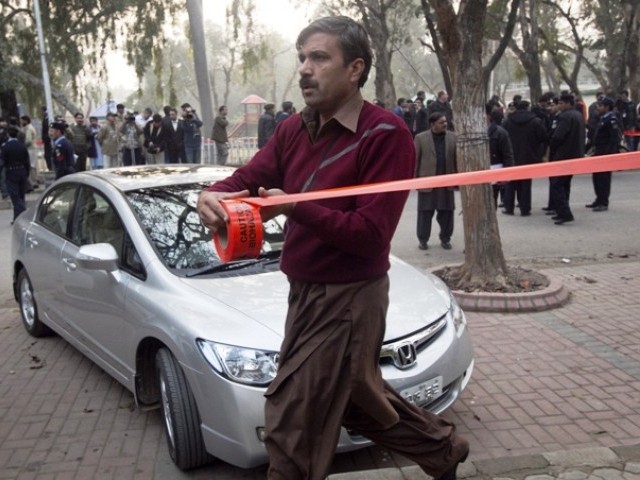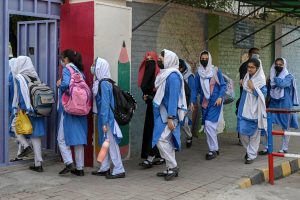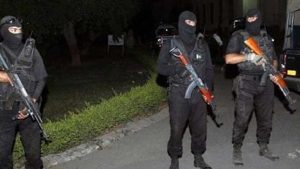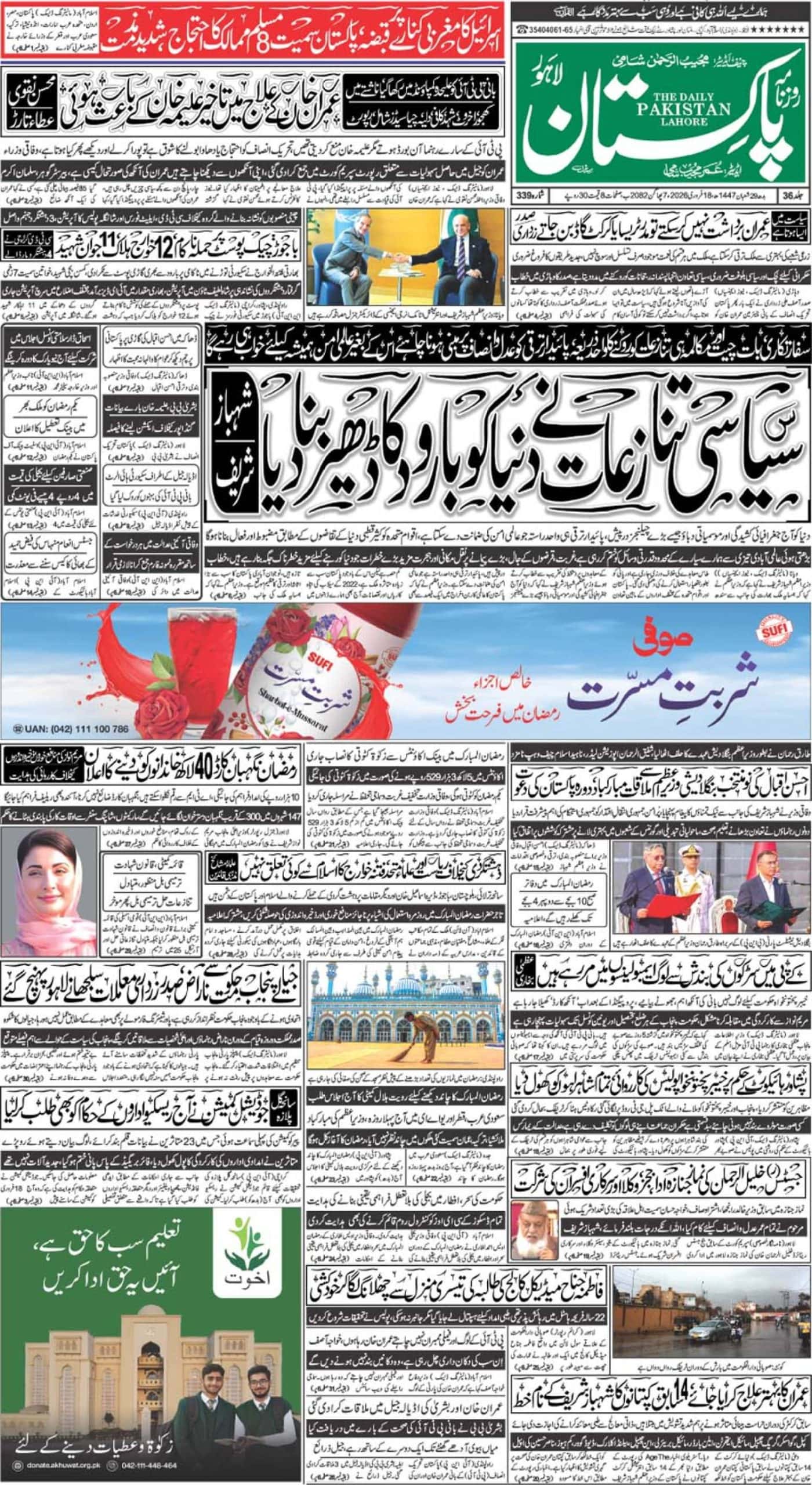ISLAMABAD – Pakistan has hanged the former police bodyguard who shot dead Punjab’s governor over his opposition to the misuse of blasphemy laws.
Qadri shot Taseer 28 times in broad daylight in Islamabad’s Kohsar Market on January 4, 2011. He was sentenced to death for assassinating Taseer on Oct 1 the same year.

He claimed it was his religious duty to kill the minister, who was an outspoken critic of Pakistan’s blasphemy laws and supported liberal reforms.
Prison officials said Qadri was executed at 04:30 local time (23:30 GMT) at Adiala jail in Rawalpindi, near the capital city of Pakistan.
Read: Mumtaz Qadri hanged in Adiala Jail amid tight security
He was hailed as a hero by some religious groups, and thousands of activists protested to show their support for Qadri at the time.
Who was Mumtaz Qadri?
- Malik Mumtaz Qadri was born in Rawalpindi in 1985. In 2002, he was recruited in Punjab Police and was elevated to Elite Force in 2007. Later, he joined the squad deployed for security of Governor Taseer.
- Qadri’s father, a resident of Muslim Town, is a vegetable seller. Qadri got married one year and four months and had a four-month-old son, before killing Taseer.
- There are still questions as to whether Mumtaz Qadri acted alone, or with the backing of a radical movement.
- But his motive appears clear – he was angered by Salman Taseer’s stance against Pakistan’s blasphemy laws.

Who was Salman Taseer?
- Salmaan Taseer was born on 31 May 1944, in Simla, East Punjab, British India, of a family hailing from Amritsar. His father was Muhammad Din Taseer, known as MD Taseer, who was a professor at Mohammedan Anglo-Oriental College, Amritsar.
- Taseer married Aamna Taseer, a chairwoman of an investment management company; the couple resided in Lahore. They have two sons and one daughter: Shahbaz, Shehryar and Shehrbano. Taseer had also one son and two daughters from a first previous marriage: Shaan, Sara and Sanam.
- Taseer was known to be one of the trusted aides of Benazir Bhutto. He was a classmate of Nawaz Sharif at St. Anthony’s School in Lahore, and had obtained a degree in Chartered Accountancy from London.
- On 15 May 2008, Taseer was designated for the office of Governor of Punjab by the PPP-led coalition government.
- Taseer set up several chartered accountancy and management consultancy firms early in his career. In 1995, he established the First Capital Securities Corporation (FCSC), a full service brokerage house with equity participation by Smith Barney, Inc., USA, and HG Asia Hong Kong.
- Taseer founded the Worldcall group with a payphone network in 1996. The group has grown over the years to become a major private-sector telecom operator with a national and regional footprint.
- Taseer also owned an English news channel in Pakistan, Business Plus; and the first children’s channel, Wikkid Plus; and was the publisher of the English language Daily Times.
- He was one of the most prominent liberal politicians in the country and a close associate of Asif Ali Zardari, who was then the president.
- Known to be an outspoken critic of the country’s harsh blasphemy laws, Taseer argued that the laws discriminated against religious minorities, and sought liberal reforms.
- He had called for a pardon for Asia Bibi, a Christian woman who was sentenced to death in 2010 for insulting Prophet Muhammad (PBUH).

In May, just months after Taseer was gunned down, Pakistan’s Minorities Minister Shahbaz Bhatti, the cabinet’s only Christian, was shot dead by gunmen who ambushed his car.
That August, Salman Taseer’s son, Shahbaz Taseer, was abducted in Lahore. His whereabouts are still unclear.
Blasphemy is an extremely sensitive issue in Pakistan and critics argue that blasphemy laws are often misused to settle personal scores and unfairly target minorities.













